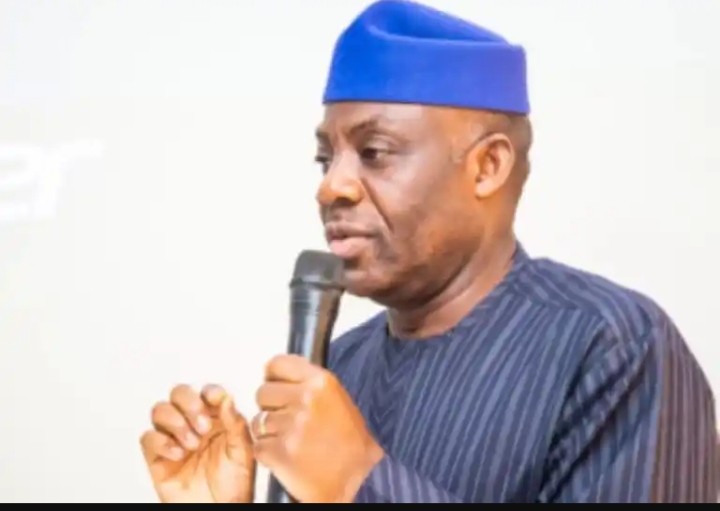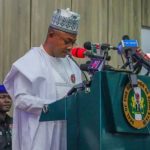From Victoria Jigah,Abuja
The Federal Government has lamented the 20 million children in Nigeria who are not in school, citing grave concerns over the implications of this crisis on the country’s future.
The Minister of Education, Dr. Olatunji Alausa, who made this known in Abuja, called for an urgent and collaborative approach to tackle Nigeria’s educational challenges..
Olatunji,who was speaking at the Education Sector Stakeholders’ Consultative Dialogue, emphasized the need for innovation, accountability, and strategic partnerships to revitalize the education sector and unlock the potential of Nigeria’s youth
The minister acknowledged the significant support from partners such as UNESCO, UNICEF, USAID, the European Union, the World Bank, the African Development Bank, and the Global Partnership for Education.
He, however, noted that current outcomes remain below expectations, urging stakeholders to redouble efforts to ensure investments yield measurable results
Highlighting key statistics, Olatunji painted a sobering picture of the education sector: 20 million children remain out of school, with nearly half having never attended school, and learning poverty reaching alarming levels.
These challenges, compounded by a rapidly growing population projected to hit 350 million by 2050, underscore the urgent need for innovative solutions
He call for all stakeholders government bodies, development partners, the private sector, and civil society to embrace a collaborative spirit to combat the crisis.
“Education is not just an investment in our children; it is the foundation of our nation’s future. With dedication, innovation, and strategic action, we will transform Nigeria’s education landscape,” he said.
He added that to address these challenges, the Ministry of Education has outlined three strategic priorities which are; Equitable Access, Skill Development, and Governance and Data Management.
“These priorities aim to expand access to education, promote STEM and vocational education, and establish a robust National Education Management Information System (NEMIS),” he said.
Earlier, the Minister of State for Education, Dr. Suwaiba Ahmad, stressed the importance of synergy to overcome challenges such as infrastructural decay, inadequate funding, and teacher capacity development.
She reiterated the ministry’s commitment to achieving inclusive, quality education as outlined in the Sustainable Development Goals (SDGs).
Representatives from UNESCO, UNICEF, USAID, the European Union, the World Bank, the African Development Bank, and the Global Partnership for Education (GPE) attended the event, delivering goodwill messages and sharing their valuable contributions and impact in Nigeria’s education sector thus far.







